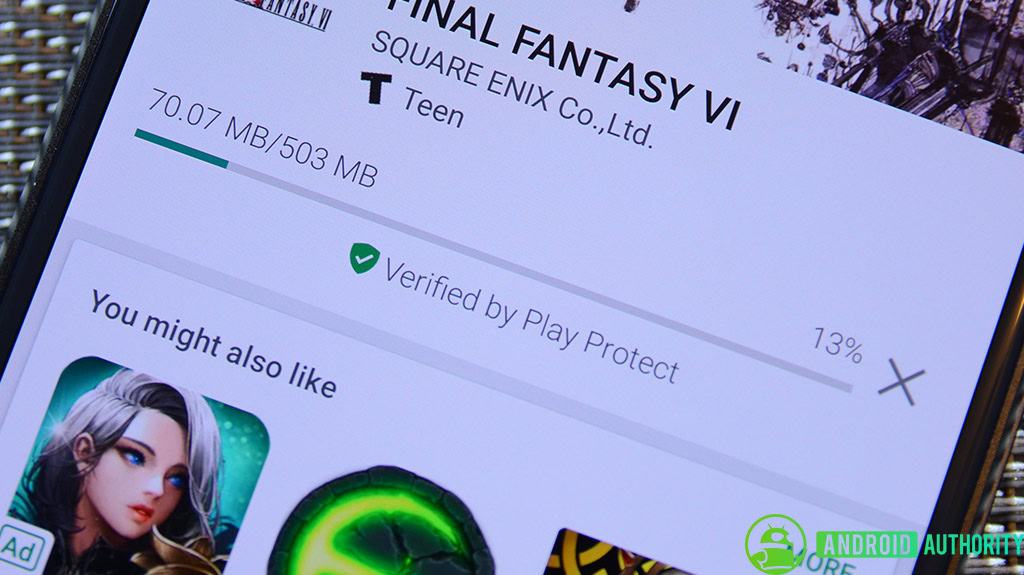Affiliate links on Android Authority may earn us a commission. Learn more.
Ransomware attacks targeting Android users have increased by over 50%
According to cybersecurity researchers at ESET, Android ransomware attacks have risen by over 50 percent in just a year, and many unfortunately fell for it.

As the name suggests, ransomware is a type of malware that demands money in exchange for some hijacked information. Because it’s a relatively new way of extracting money, many fall victim to it. And because of this, it has now become the most popular way for hackers and malware operators to attack smartphone users and is one of the most pressing cybersecurity issues in general.
Unfortunately, the Android OS is a primary target for these malicious attacks primarily due to the commonly-held belief that it is inherently more vulnerable than say, iOS. In fact, according to the data published by ESET, the number of ransomware attacks targeted at Android users has skyrocketed in just a year, peaking in the first half of 2016.
These attacks can come from various sources, but often times, they are hidden inside unverified apps. Fake anti-virus apps, for instance, could harbor malware that infects your phone. The malware could “disable” your phone, claiming that your phone is locked due to security reasons and that you must pay in order to have it unlocked. Or it could pretend to be a law-enforcement officer – including the FBI – and claim that because an illegal activity was detected, you need to pay a specific sum.
Now, if you’re in the US, you are more likely to be targeted, unfortunately: according to the study, 72 percent of successful ransomware attacks have been targeted at US Android users. The reason is simple – Android users in the US are more likely to be wealthier than other Android users around the world, and therefore, the attackers are more likely to be able to extract money from their malware.
How do you protect yourself from these attacks? It’s important to make sure that the apps you are downloading – even if they are from the Play Store – are verified and reviewed. Random apps that claim to help you save battery or boost your device’s performance could end up infecting your phone. And ESET recommends that you regularly back-up your personal data, just in case you fall victim to a ransomware attack.
Random apps that claim to help you save battery or boost your device’s performance could end up infecting your phone.
Have you been targeted by a ransomware attack? What measures do you take to protect your device? Let us know by leaving a comment below!
